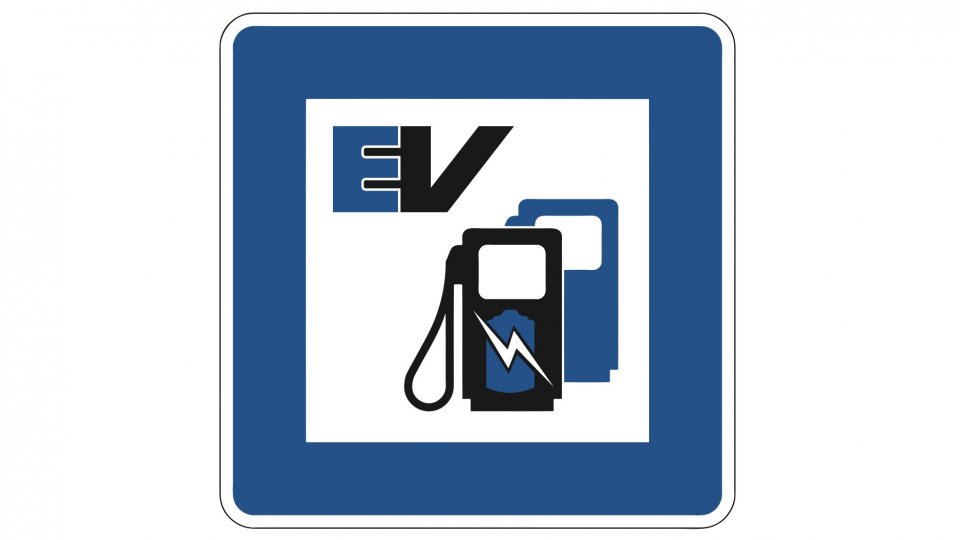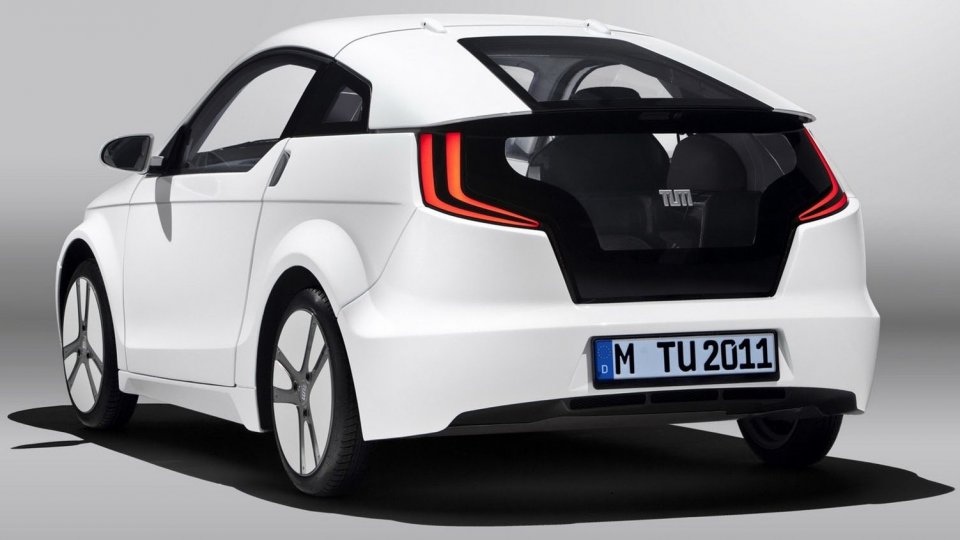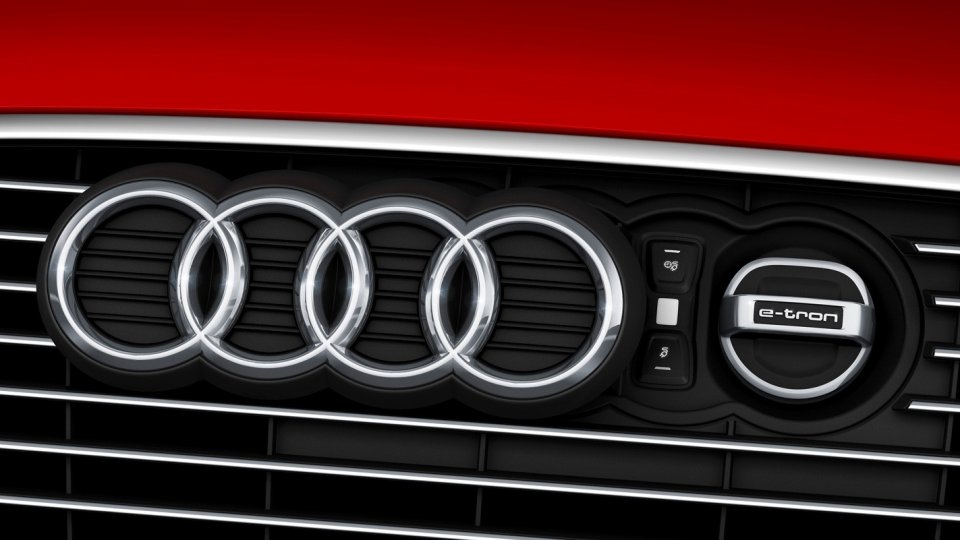A turn in the e–nergy sector
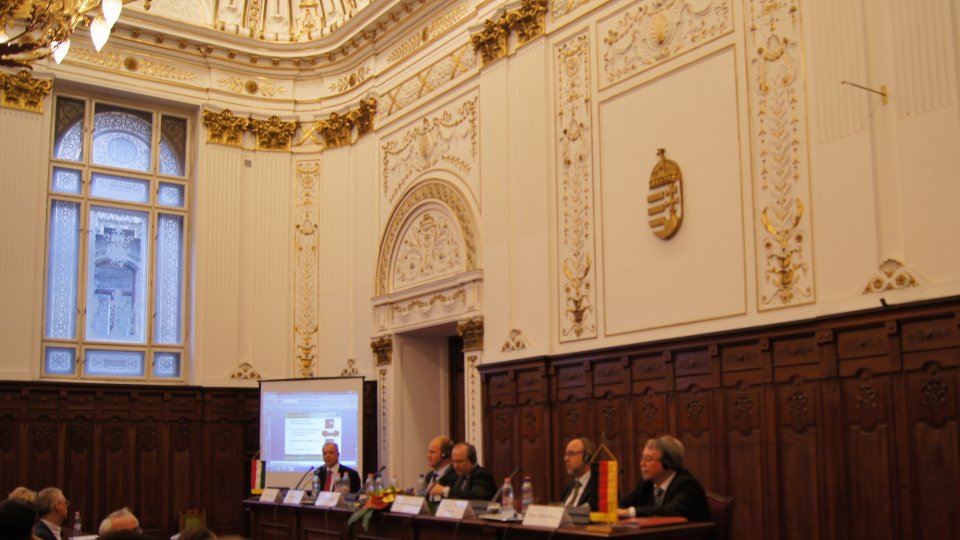 The German North Rhine – Westphalia (NRW) is the model region of the electric mobility – it's worth to keep the step with the exemplary vehicle industrial ambitions.
The German North Rhine – Westphalia (NRW) is the model region of the electric mobility – it's worth to keep the step with the exemplary vehicle industrial ambitions.
In November 2012 we were invited to a conference to the saloon of the Ministry of National Economy. With the titel of 'Energyturn in Germany' the representatives - of the region mentioned in the introduction - interested in the field of vehicle technological developments have offered cooperational opportunity for their prospective Hungarian partners. We were looking with an appreciative envy at the successful model projects, realistic objectives, acting recommendations arising from the German prevision and economic opportunities being more attractive than in numerous states of the Union. We publish from these a bunch of selection, trusting to that, that the domestic vehicle industrial actors can not only admire, but also follow the German tempo and way of thinking.
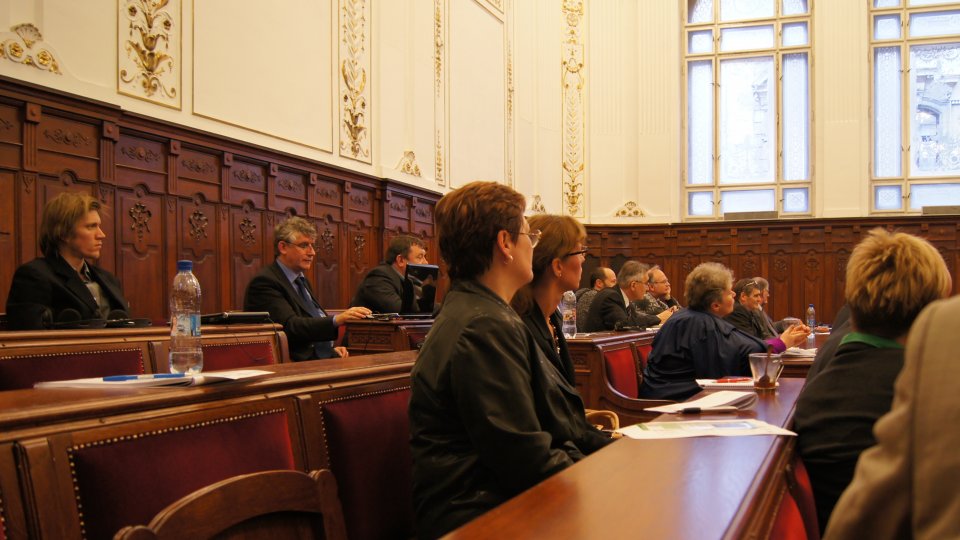
To jump right in to the middle: in Germany by 2020 they would like to see one million electric vehicles on the streets, inside of this 250 thousands in the model region of NRW. As we could make it sure during the day, this seems not to be an unexecutable plan. The Hungarian hopes, or rather dreams imagine total amount of 20 thousands of similar vehicles on the domestic roads by the end of the decade.
Principially thanks to the presence of the concerns of Ford, GM and Daimler 200 thousands of people are working in the concerned region in the field of automotive industry. Alltogether with this the local ambitions aim the building up of a more active international supplier chain, exploiting primarily the competences of the diffeerent R & D companies. R & D, namely research and development, this was the favorit catchword of Cséfalvay Zoltán state secretary among others as well, who sees in this field the cooperation between the Hungarian companies and high – educational institutes with the foreign partners, so also with the German model region, mostly possible.
The electric mobility starts to overstep the planning, concept constituting phase: it's not a secret for anyone that the fossil resources of the traditional fuels are speedily running out, the climate change concerning the planet allows of no further delay. The thema is nonetheless much more about than about the development of alternative drives. From the renewal of the public transport to the radical change of mobility habits the presentations touched several such kind of aspects which abundantly result in questions waiting for being answered, and solved. It was delivered as an interesting example that in case of the USA a food does 2500 km in average, till it gets on the shelves, which assumes a roughly ten times more energy input than it can be ordinarily extracted from the product. There can be no question that this trend is unsustainable.
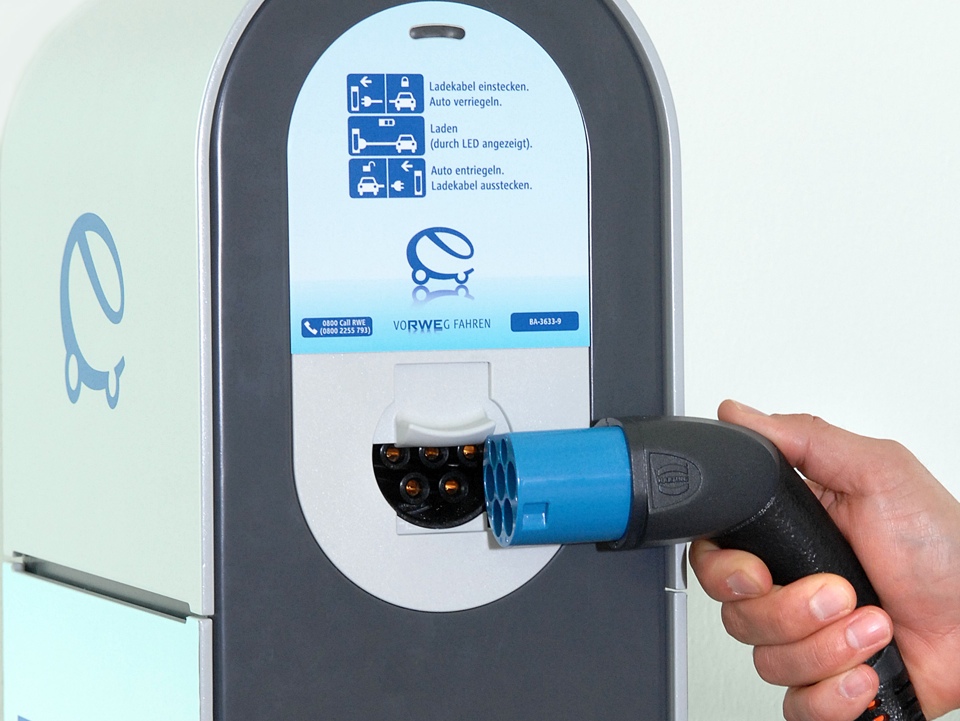
The reason for existence of the e – mobility (in the sight of the Germans at least) lies on four pillars: more efficient energy usage, permanent development of the battery – technology, the cost of fuel is one – third of those of the fossil based drives, moreover also the political will directs the future developments into the direction of the environmental protection.
A newer expressive data which unfortunately may point to the not so far future: at a fuel price of roughly 560 HUF / Liter (2 EU / Liter) it's already worth to change for an electric car, taken even the current cost price into consideration.
The spread of the electric mobility naturally entails also the transformation of the energy industry. In the NRW model region on the conference till the often mentioned object date, till 2020 the use of the renewable energy resources will add up to 35 % of the total energy market, till 2050 this value will increase up to 80 %. The reality of the plan is supported by that, that Germany permanently stops its' nuclear power stations, and in the use of the clear energy resource the leader state of our continent is already leading the way in these days – of course, Fukusima helped them out efficiently with this.
The German ambitions are so much famous that already 70 states have adopted the locally developed model of energy politics. However for example the spread of the usage of the solar power can result an extraordinary decentralization soon (after almost any household can become an energy producer) which supposes the transformation of the energy network as well. In the point of view of the wind power stations it's no exaggeration to say that the weather forecasts may win a new interpretation which will have then a serious effect on the processes of the power stock exchange.
The wide spread of the so called Smartgrid system is not even so far away, thanks to that for example a washing mashine will be able to operate in an intelligent way: it will operate when its' energy use is the most efficient, taken even that into consideration that till what time it has to complete the task, in the present case the washing.
Hopefully our compact summary has not just arouse the interest of our readers but the talkative facts have awaken us also on that, that the energy turn is closer than we would think. The process has begun, it's not worth to lag behind...
